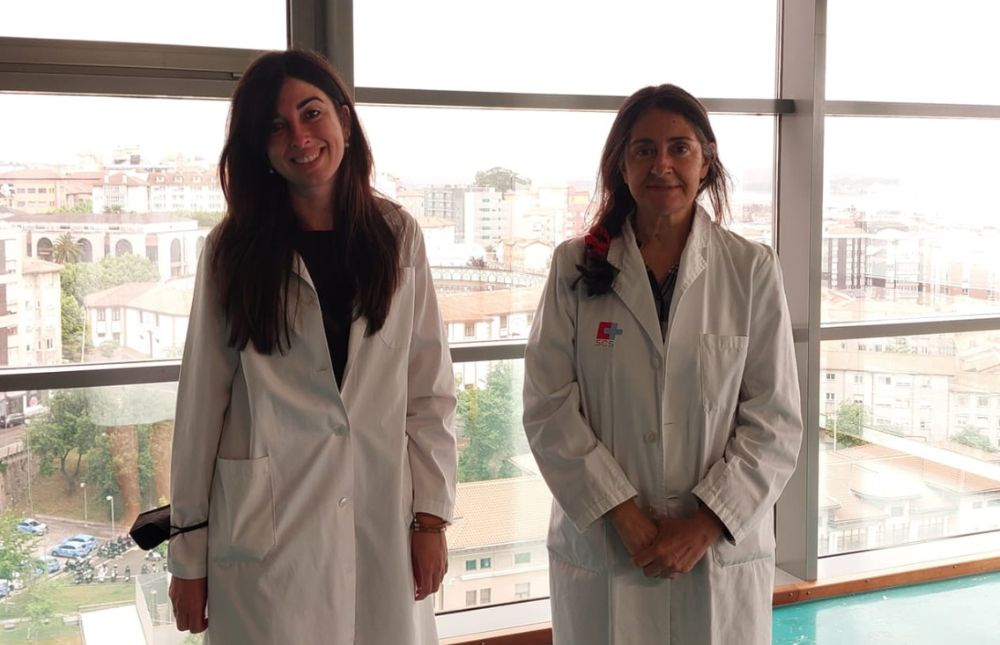These studies allow to have a better understanding of the seasonality of COVID-19 and to establish future vaccination strategies.
Researchers from IDIVAL, Valdecilla Hospital and the University of Cantabria continue to analyze the influence of meteorological and geographical factors on the severity of COVID-19 in order to have a better understanding of the disease, its seasonality and establish vaccination strategies, especially in the most vulnerable groups.
At the beginning of the pandemic, internal medicine researchers from the Valdecilla Hospital and the forensic medicine unit of the University of Cantabria initiated a line of research aimed at clarifying the relationship between COVID-19 infection and meteorological factors in Spain. In a first study published in 2022, they found that there was an inverse relationship between mean environmental temperature and the incidence of COVID-19 in Spain, finding that colder Spanish provinces had a higher incidence of COVID-19 than those with higher temperatures.
In a second recently published paper, researchers have conducted an ecological study to analyze the influence of meteorological and geographical factors on the severity of COVID-19, specifically on hospital admissions and deaths in the 52 Spanish provinces during the first three waves of the pandemic. Data on admissions and mortality were extracted from the Instituto de Salud Carlos III (ISCIII) and meteorological variables from the Agencia Estatal de Meteorología (AEMET). The results showed that mean temperature could influence hospitalization and mortality due to COVID-19 in Spain, as Spanish provinces with lower temperature (< 10 ◦C) recorded twice as much mortality due to COVID-19 as those with higher temperature (> 16 ◦C).
These results are of great importance to establish vaccination strategies especially in the most vulnerable groups and to establish an intervention protocol against COVID-19 in the coming years, especially in winters.
The work, however, has some limitations since it is an ecological study and the association found does not presuppose causality.
Currently, the researchers continue to study the relationship between COVID-19 and mean environmental temperature by analyzing the viral loads of COVID-19 infected patients throughout the year in the population of Cantabria, in order to determine possible seasonal variations in the same.
Referencia: Influence of meteorological factors on the severity of COVID-19 in Spain: Observational ecological study. Med Clin (Engl Ed). 2023 Apr 21;160(8):327-332.Carmen Valero, Raquel Barba, José A Riancho, Ana Santurtún. PMID: 37113113 PMCID: PMC10102867 DOI: 10.1016/j.medcle.2022.08.028





















